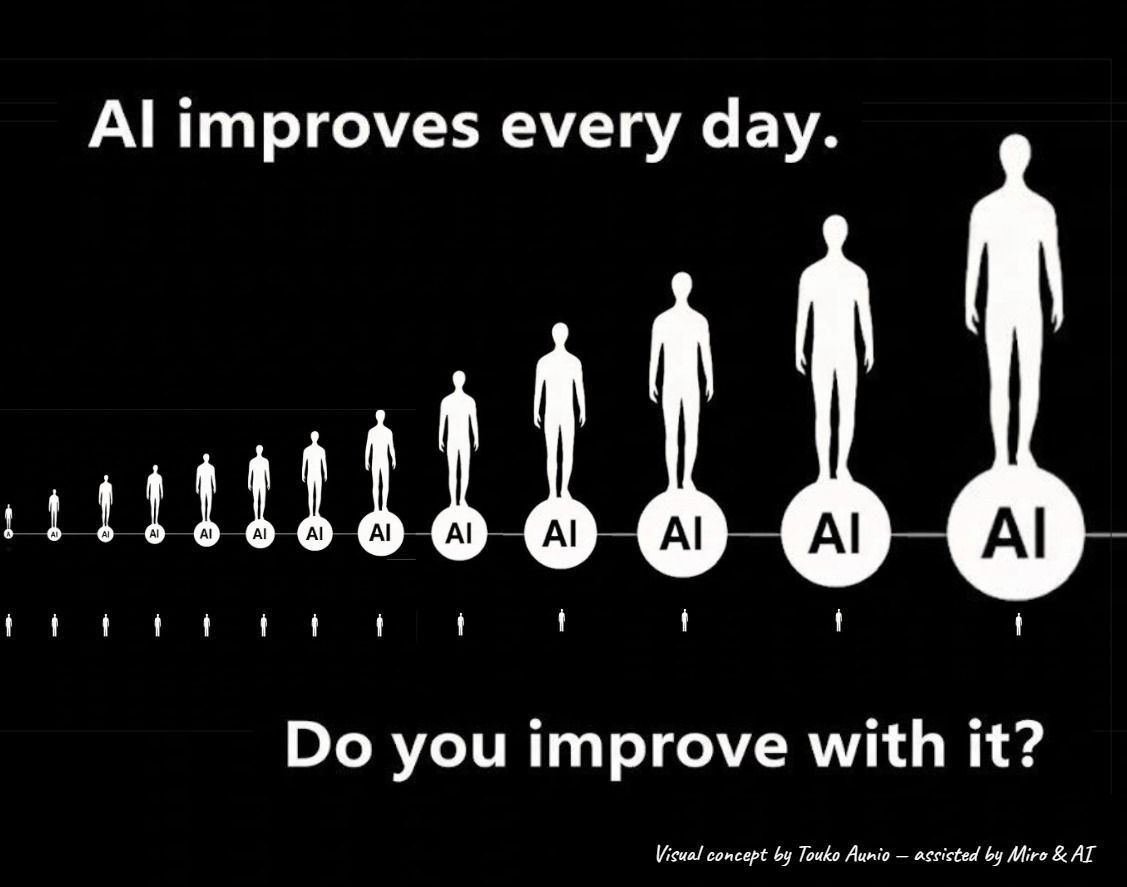GitLaw Deep Dive: Free, Transparent Legal Docs Business Owners

Unlocking Legal Access: How GitLaw Is Revolutionizing Contracts for Small Businesses
TL;DR
GitLaw is an open-source legal document platform that radically cuts costs and complexity for small businesses. It offers hundreds of free, lawyer-crafted templates, efficient customization, version history transparency, and a new collaborative community model. Founder Nick Holzherr envisions GitLaw as the future standard for documents and potentially national legislation.
Table of Contents
- Introduction
- The Problem GitLaw Solves
- Platform Features and Technology
- Business Model and Mission
- Open Source and Community Collaboration
- Distinctive Value for Startups/SMBs
- Future Vision: Beyond Contracts
- Founder Profile
- SEO, Automation, and AI Impact
- FAQ (20 Questions)
- 10-Minute Podcast Episode Outline
- Image (No-Text Visual)
Introduction
GitLaw, launched by veteran entrepreneur Nick Holzherr, brings a radical new approach to legal document creation. Inspired by Git (the backbone of open-source software), the platform makes legal work collaborative, versioned, and transparent, with instant, free access for small businesses. GitLaw aims to “level the legal playing field” so that startups and smaller organizations can access quality contracts without prohibitive lawyer fees.
The Problem GitLaw Solves
- Legal Issues Are Expensive: 32% of small businesses encounter a legal challenge annually. Most can’t afford professional help and often pay out-of-pocket to resolve issues.
- Access Barrier: Many businesses skip vital agreements—like NDAs or employment contracts—due to complexity or cost.
- Fragmented Templates: Free templates circulate online, but many are outdated, incomplete, or legally risky.
Platform Features and Technology
- Hundreds of Free Templates: NDAs, employment agreements, investor docs, privacy policies, and more—each crafted and reviewed by reputable law firms and attorneys.
- Open-Source Collaboration: Just like software developers contribute code, lawyers and business users can submit, edit, and improve templates. Full version history is tracked, so every change is clear.
- Customization Tools: GitLaw’s editor allows easy redlining, tracked changes, and custom contract generation.
- Community-Driven Standards: User suggestions and legal expert amendments continuously improve the library.
-Transparency: Full version history means every revision—from lawyer edits to regulatory updates—is audit-ready.
- Efficient Workflows: Users can create, modify, and finalize agreements rapidly, all within the secure GitLaw cloud.
- Accessibility: No login required for basic access; advanced features are free or planned for “pro” tiers soon.
Business Model and Mission
- Free for Small Businesses: Initial targets are US and UK startups/SMBs—over 400 million globally. GitLaw’s free model removes the greatest barrier in business legal work.
- Revenue Plans: Only advanced features are likely to be paid; basic document generation and collaboration are free.
- Mission: Create a collaborative open-source community for all legal document types, making the law accessible and understandable to everyone.
Open Source and Community Collaboration
- Inspired by Git: Legal documents are treated like code—users can “fork,” change, and propose their own versions.
- Reputable Contributors: Over 300 templates contributed by law firms, investors, and business organizations.
- Version History and Auditability: Every change is tracked, with transparent attribution to contributors.
Distinctive Value for Startups/SMBs
- Immediate Contracts: No waiting, no expensive fees; agreements can be customized and executed instantly.
- Risk Reduction: Professionally drafted templates minimize legal risk and ensure compliance.
- Empowerment: Businesses gain control over their legal processes—boosting speed, security, and confidence.
Future Vision: Beyond Contracts
- More Areas of Law: Plans to cover civil law and support the creation of national/public laws.
- Citizen Collaboration: Enabling feedback and transparent tracking for legislative changes.
Founder Profile
- Nick Holzherr: Previously founded Whisk.com (acquired by Samsung in 2019), experienced in scaling SaaS and tech platforms.
- Motivation: Personal experience navigating legal battles as a founder inspired GitLaw’s creation.
SEO, Automation, and AI Impact
- Automated Document Generation: Integrates with AI platforms (e.g., NinjaAI.com) for contract and workflow automation.
- Hyperlocal SEO: Templates for regional agreements/terms enable faster market entry and improved local regulatory compliance.
- Lead Magnet: Free access drives inbound leads for legal service providers and consultants.
FAQ—GitLaw (20 Questions & Answers)
1. What is GitLaw?
An open-source, collaborative platform for creating, customizing, and sharing legal documents.
2. Who is it for?
Small businesses, startups, and any organization needing fast, free, high-quality contracts.
3. Is it really free?
Yes. Basic features and document library access are free.
4. Who builds the templates?
Reputable law firms, business organizations, and the GitLaw community.
5. Can anyone contribute?
Yes—after review, new templates or updates are added to the library.
6. Does it replace a lawyer?
No. GitLaw provides tools—not legal advice.
7. What can I do with the contracts?
Download, modify, sign, share, and use for business needs.
8. How does version tracking work?
Every change and contributor is logged and viewable, just like Git for code.
9. Are there paid features?
Planned “pro” tier offers advanced tools; basic drafting is free.
10. Is it secure?
Yes. Secure cloud storage and compliance with major privacy laws (ISO 27001, SOC 2, CCPA, GDPR).
11. Can contracts be signed electronically?
Yes, via integrated digital workflows (feature rollouts in progress).
12. Does GitLaw cover global regulations?
Initial focus on US/UK law; templates expanding globally.
13. What happens if a template is outdated?
Community and legal experts update templates; all changes are tracked transparently.
14. How does GitLaw handle legal disputes?
Disputes should be resolved with legal professionals; GitLaw is a drafting and collaboration tool.
15. Is there a mobile version?
Web-based and mobile-friendly interfaces available.
16. What makes it different from other template sites?
Version control, audit trails, open-source collaboration, and zero cost.
17. Do lawyers use GitLaw?
Yes—many contribute templates and review changes.
18. Can AI tools integrate with GitLaw?
Yes, planned integrations include chat-driven drafting and API connections.
19. How do I join or contribute?
Sign up at gitlaw.co; review the contributor guidelines.
20. Will it cover legislation?
Founder’s vision is to expand into public law-making, enabling citizen feedback and transparency.














